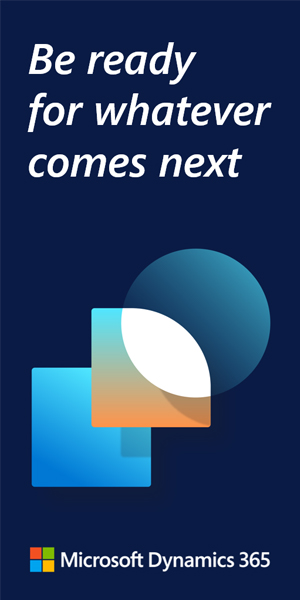The recent CrowdStrike outage, largely involving Microsoft services and caused by a faulty software update, created chaos at airports, banks, healthcare services and businesses globally. Many workers faced the dreaded “blue screen of death,” with the recovery process requiring manual fixes for each affected PC. Now that the immediate crisis has passed, it’s important for business leaders to learn from this incident and implement strategies to prevent similar issues in the future.
This is especially pertinent as businesses move to cloud-based applications and SaaS applications. These off-site hosted systems, integrated with numerous business processes, introduce vulnerabilities and complexities when managing and securing their environments. The interconnected nature of these applications can amplify the impact of cybersecurity breaches, making it essential to adopt robust security measures tailored specifically for these platforms.
Codestone, an IT solutions provider, is an example of a company offering a solution, with its managed service called CloudCare designed to secure ERP systems. While Codestone has a strong focus on SAP solutions, including SAP Business One, SAP ByDesign, and SAP Concur, it also supports a broad range of other major ERP systems such as Oracle, Salesforce, Atlassian, Workday and Microsoft technologies.
CloudCare provides continuous monitoring to proactively address issues, including performance and security assessments. It features regular security audits, patch management and comprehensive backup and disaster recovery services to ensure data protection and business continuity.
So what happens if there is a breach? CloudCare facilitates recovery through its disaster recovery services, which include regular backups and a detailed recovery plan. These measures ensure that data can be quickly restored and systems can resume normal operations with minimal disruption. CloudCare’s 24/7 monitoring provides real-time alerts and detailed monthly reports on system performance, security threats and compliance, supporting swift response and resolution during incidents.
The service also includes technical support, troubleshooting and consultancy, with scalable ERP resources to meet changing business needs. CloudCare also provides cloud hosting, reducing the burden on internal IT and ensuring high system availability.
By maintaining robust security practices and having a recovery plan in place, organizations can mitigate the impact of breaches and maintain operational resilience. As demonstrated by the CrowdStrike outage, even major technology providers are vulnerable, highlighting the need for comprehensive cybersecurity strategies for ERP systems and cloud environments in SMEs and beyond.






